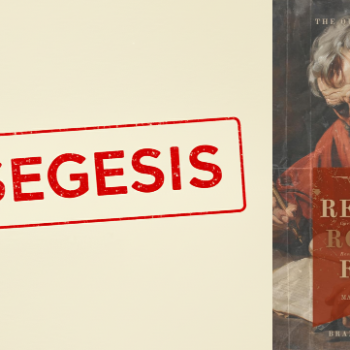Gorra: Paying attention to mental imagery, the role of our absorption capacity, and the power of sensory overrides are also crucial to understanding the practice of "hearing God." How?
Luhrmann: Prayer is really about paying attention to inner experience and treating it, to some extent, as if that experience is not "mere" imagination but somehow connected to the external world. That practice changes the mind. It makes those inner experiences seem more vivid and more real. When people do this, they sometimes report hearing God with their ears, or feeling his touch on their shoulders. I call these experiences "sensory overrides" to distinguish them from the hallucinations people experience with psychosis.
In general, people experience God in this vivid way if they are comfortable with their own imaginations. I call this capacity 'absorption.' The amount of time they spend praying also makes a difference to the vividness of their experience.
Gorra: You make an important qualifying statement in the Preface: that "this book does not answer the question of whether God exists, or for that matter the question of whether God is truly present when someone experiences God as present" (xiv-xv). I appreciate the "disciplinary boundaries" implicitly communicated in this statement. But given that statement and the type of Vineyard spiritual experiences you tend to report, how would you respond to the claim that your Vineyard participants experience God only as a very real, phenomenologically speaking, experience in their imagination?
Luhrmann: I don't think that social science can answer the question of whether God exists. I think that this is a very deep, important question.
Gorra: I see. Thankfully, you are not a social scientist that pits "faith against knowledge" per se but you recognize that "faith" is often at odds with "sight" or "sensory experiences," especially since God is invisible and there is "human uncertainty about the ultimate" (xiv). So, from a psychological anthropologist standpoint, based on what it seems to look like, how then would you characterize faith and its significance for the life of the believer?
Luhrmann: I take faith to be an attitude, a way of being in the world. We see through a glass darkly, as Paul says. People of faith are making a choice about how to think about reality, and what kind of person they are going to be. It's a more complicated and delicate decision than whether or not one believes anything.




